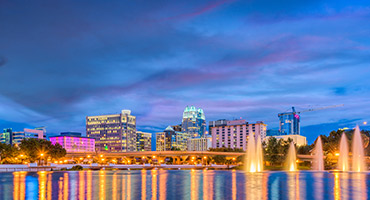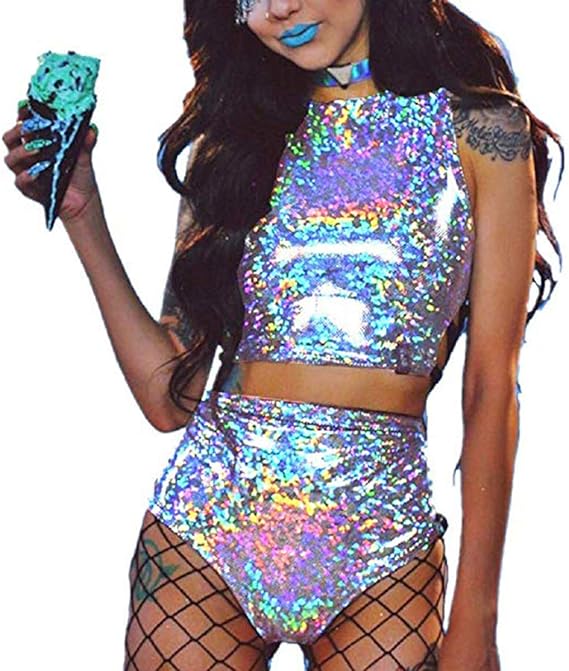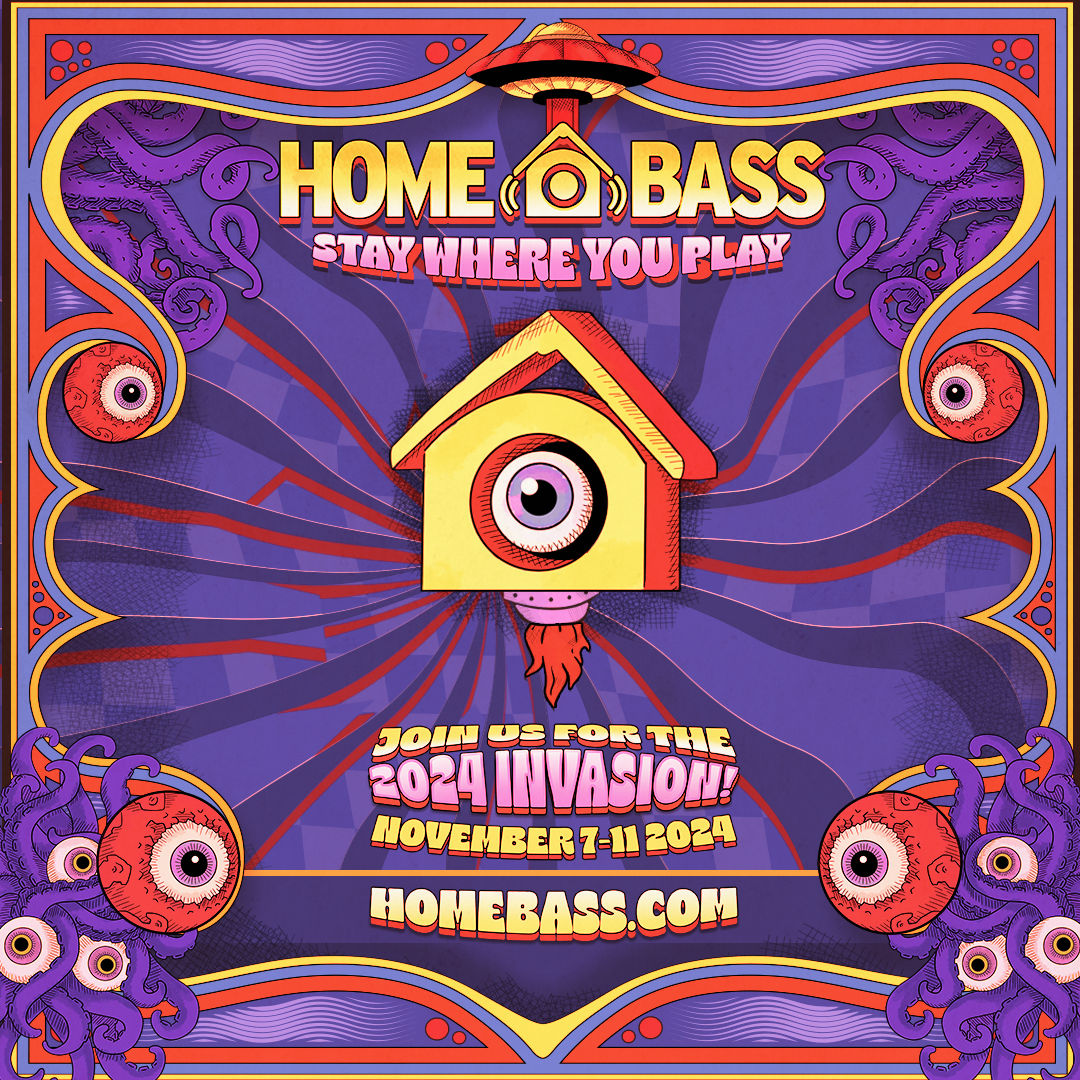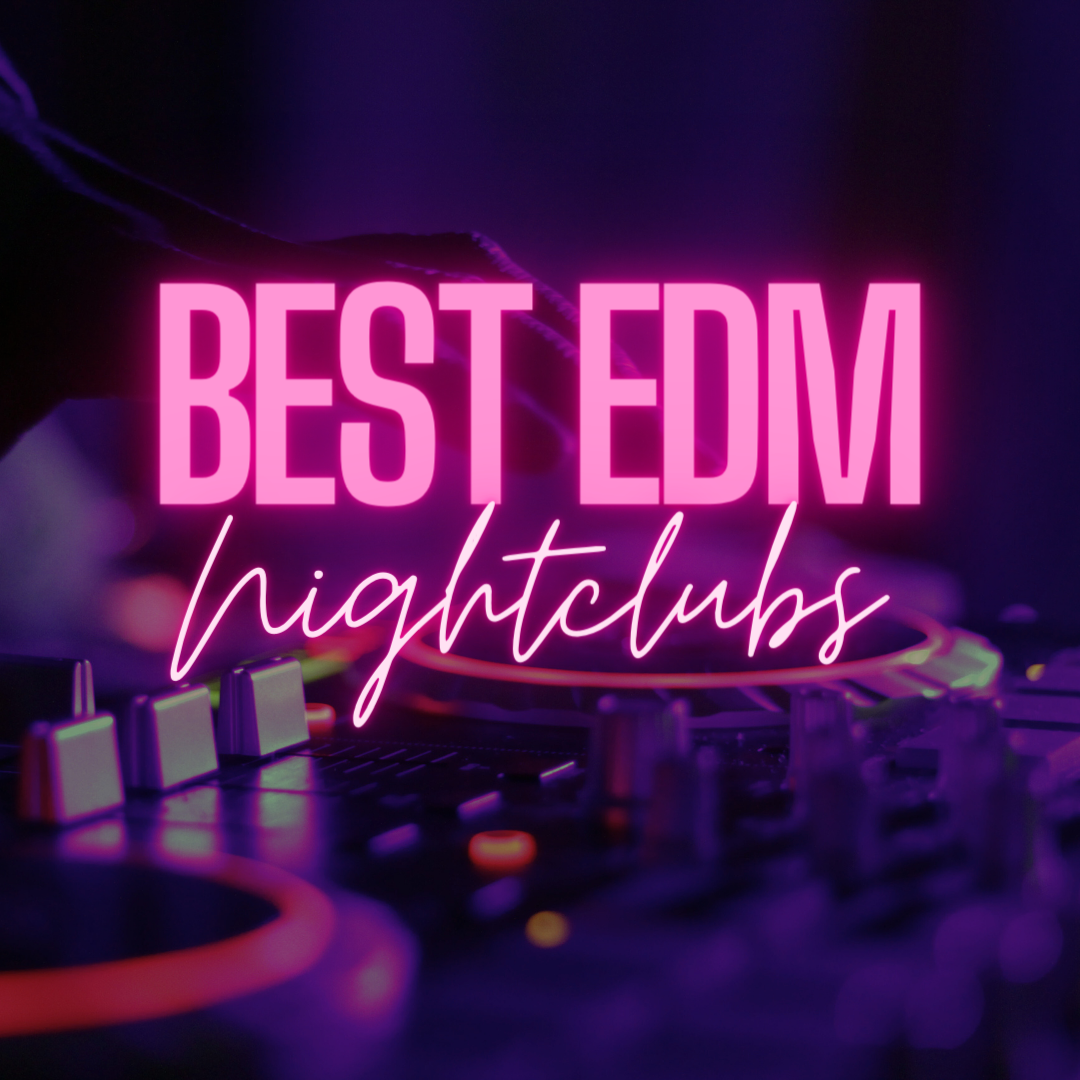
Orlando's Nightlife Scene is About to Change
Orlando is known for its vibrant and diverse nightlife scene, especially in downtown, where people flock to dance in clubs, hop between bars, and enjoy live music shows. However, the City Council believes that downtown's reputation for being unsafe is keeping upscale dinner options, retail, and other businesses away from the area. As a result, the council is proposing two ordinances that could significantly change the face of downtown.
The first proposed ordinance would prohibit new nightclubs from opening in the area for six months, with the option to extend the order for another six months. This would go into effect immediately if approved. The second, more drastic ordinance, would require businesses that sell alcohol after midnight on weekends to purchase a $250 permit. This permit would require full liquor establishments to hire off-duty police officers at $90 an hour from 10:30 p.m. to 3:30 a.m. on Friday, Saturday, and Sunday. The number of officers required would depend on the bar or club's occupancy limit, and the ordinance also requires wanding for weapons and identification scanners at the door.
Commissioner Jim Gray, one of the most vocal proponents of making changes to downtown Orlando, believes that the early evening is the ideal time for business clients to enjoy a nice dinner, a bottle or two of wine, and some business. Gray argues that downtown Orlando's reputation for being unsafe is keeping these upscale dinner options and other businesses out of the area. Thus, the council hopes that these new ordinances will attract more upscale establishments to the area.
However, many businesses are worried that these new requirements will cost them tens of thousands of dollars, and some may not be able to afford them at all. The city claims that the measures are necessary to keep downtown safe and because it is spending too much money policing the area on weekend nights.
Only time will tell how these new ordinances will affect Orlando's nightlife scene. Will it become more like Winter Park's Park Avenue, with its low-lit bars and "smart dress code" sign, or will it retain its diverse and vibrant character?







